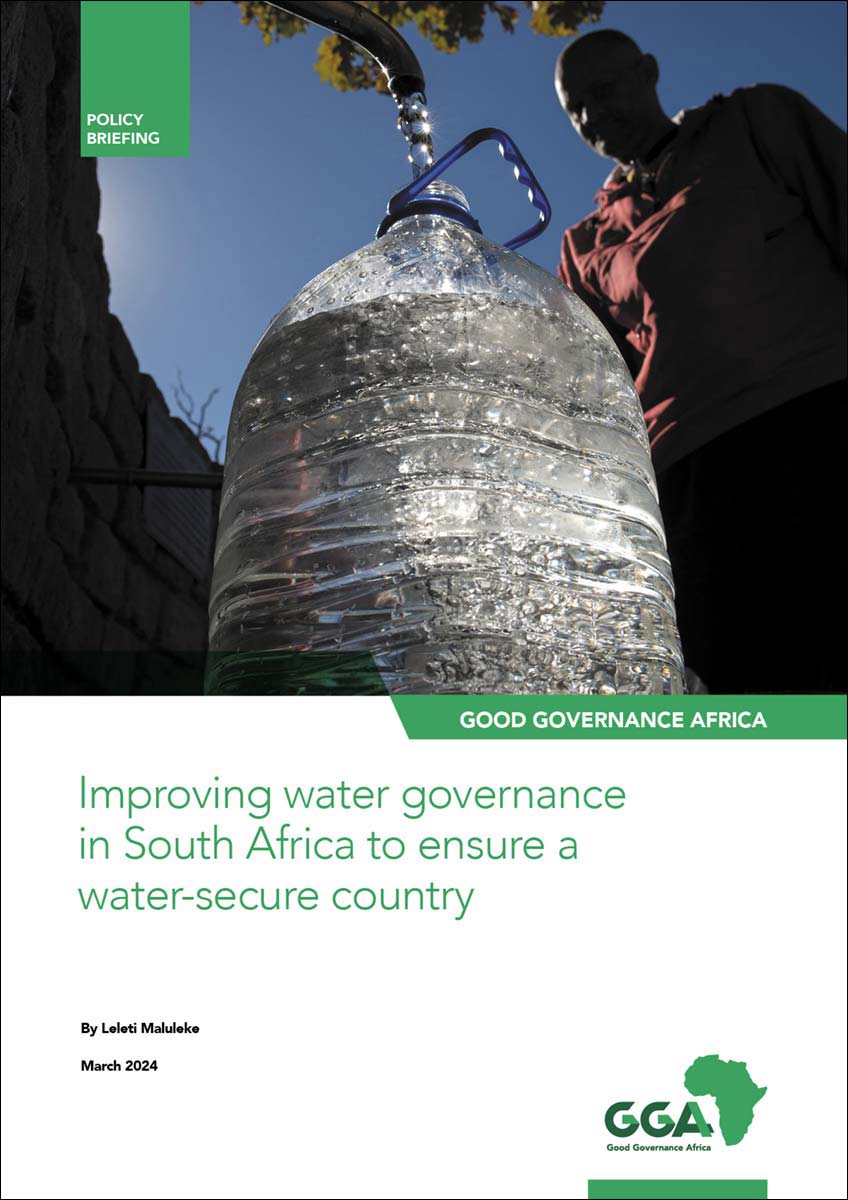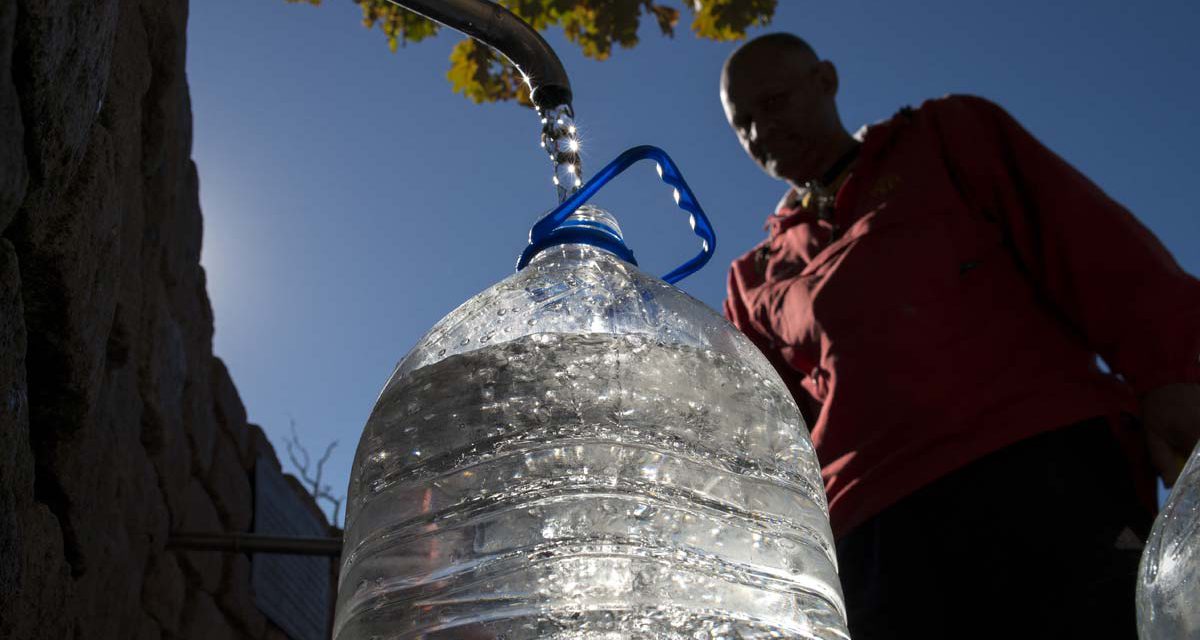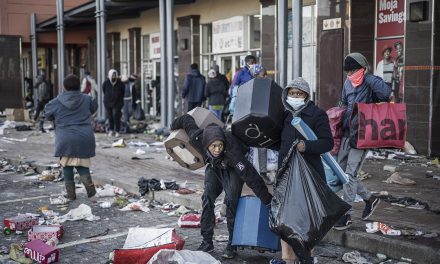
South Africa is a dry country with limited water resources. According to the 2030 Water Resources Group Annual Report, the country’s demand for water is expected to rise by 17.7 billion m³ in 2030, while water supply is projected to amount to 15 billion m³, signalling a projected 17% gap between supply and demand. Water scarcity impacts all sectors. It decreases agricultural output, constrains industrial production, and exacerbates energy generation challenges. It leads to environmental degradation and biodiversity loss, impacting industries reliant on ecosystem goods and services such as fisheries and ecotourism. Lack of access to clean water for drinking, sanitation, and hygiene increases the risk of waterborne diseases and places additional strain on public healthcare services. Water scarcity also exacerbates social disparities, disproportionately affecting marginalised and underserved communities, entrenching South Africa’s history of unequal development and inequality. In this respect, access to clean water is crucial to breaking the cycles of poverty. Time spent gathering water or recovering from water-borne illness accounts equates to lost economic opportunities. This is particularly true of women in rural communities who often shoulder the burden of water collection.
Given the profound impact of water scarcity on South Africa’s development prospects, as well as emerging stresses and demands created by climate change and population growth, good governance of the country’s
water resources is more important than ever.
Leleti Maluleke is a Researcher for our Human Security and Climate Change programme. She completed her Bachelor of Political Science in Political Studies in 2017, and her Honours in International Relations in 2018 at the University of Pretoria. She started her career at International SOS in the Security Services department as a Political Risk and Security Intern. Socially, her countries of interests include Mozambique, Zimbabwe, Zambia and Malawi.













